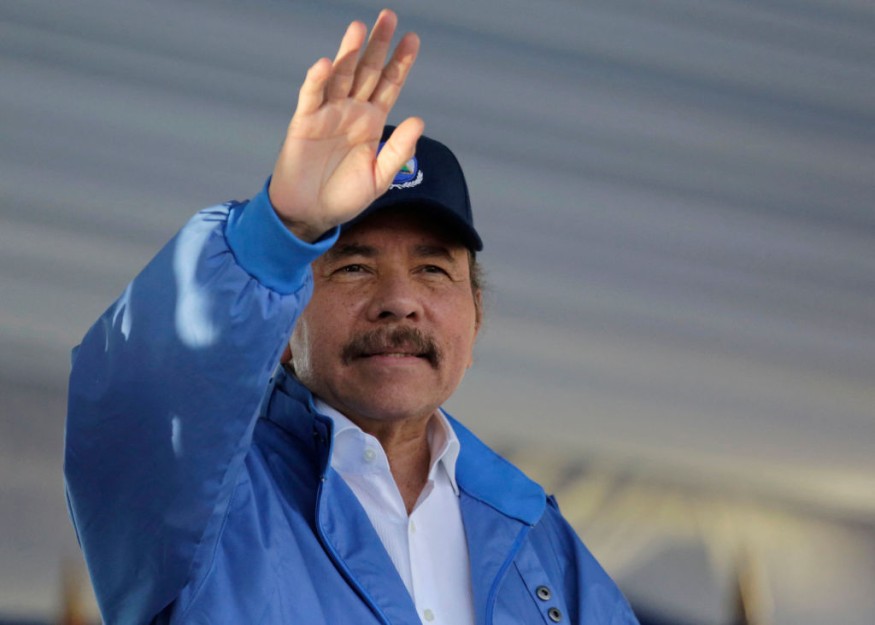Nicaragua, China Sign Free Trade Agreement

Nicaragua and China formally initiated trade under a new free trade agreement on Monday, marking a significant milestone for the Central American nation, according to Reuters.
The agreement enables Nicaragua to export approximately 71% of its products into the expansive Asian market, free from tariffs.
Among the products covered by this agreement are meat and seafood, including fish, shrimp, lobsters, and sea cucumber, along with sugar, peanuts, rum, leather, charcoal, wood, and automobile parts.
Notably, certain Nicaraguan industries, including meat and its by-products, coffee, rice, and sugar, are excluded from the agreement.
President Daniel Ortega, who has led Nicaragua for the past 17 years, hailed the agreement as "the best Christmas present" during his address on December 22.
He expressed optimism, stating, "Our brothers are here to shake hands, not to attack us. Let the imperialists of the land learn how to govern, how to work for peace."
Key Highlights of the Free Trade Agreement
Regarding goods trade, the agreement aims to eventually eliminate tariffs on 95% of products, with 60% immediately receiving zero tariffs and the remaining 35% gradually becoming exempt, tele SUR reported.
The agreement emphasizes mutual openings in goods trade, services trade, and investment market access.
Additionally, it promotes economic and technical cooperation in areas such as agriculture, textiles, logistics, tourism, and small and medium-sized enterprises.
Nicaragua envisions China becoming a major supplier of various goods, including raw materials, inputs, capital goods, and machinery.
The agreement also aims to facilitate Chinese investment in Nicaraguan agricultural exports and the establishment of free zone companies.
Nicaragua's agricultural sector, constituting 16.5% of the GDP, is pivotal in driving exports, making this agreement a strategic move for economic growth.
Growing Economic Ties Between China and Nicaragua
Despite geographical distances, China and Nicaragua have witnessed robust economic ties since resuming diplomatic relations in December 2021, according to Zhou Mi, a senior researcher at the Chinese Academy of International Trade and Economic Cooperation.
The completion of four rounds of FTA negotiations within a short timeframe underscores the urgency for economic collaboration, per China Daily.
The FTA positions Nicaragua as China's fifth partner in Latin America, following Chile, Peru, Costa Rica, and Ecuador.
In 2022, bilateral trade reached approximately $760 million, with China's imports from Nicaragua growing significantly year-on-year.
The FTA is expected to enhance economic and trade cooperation, contributing to the post-pandemic global economic recovery.
The agreement's signing is anticipated to create a favorable environment for expanding trade and investment partnerships, boosting both nations' long-term growth.
Chinese enterprises are poised to leverage their advantages in capital, technology, and managerial expertise to drive investment and cooperation in sectors like infrastructure, manufacturing, and telecommunications, fostering employment opportunities and sustainable growth.
READ MORE : OAS Warns to Continue To Monitor Human Rights Abuses Under Nicaragua President Daniel Ortega Regime
This article is owned by Latin Post.
Written by: Bert Hoover
WATCH: Nicaragua and China speed up implementation of Free Trade Deal - From TeleSUR English
Subscribe to Latin Post!
Sign up for our free newsletter for the Latest coverage!
© 2026 Latin Post. All rights reserved. Do not reproduce without permission.















